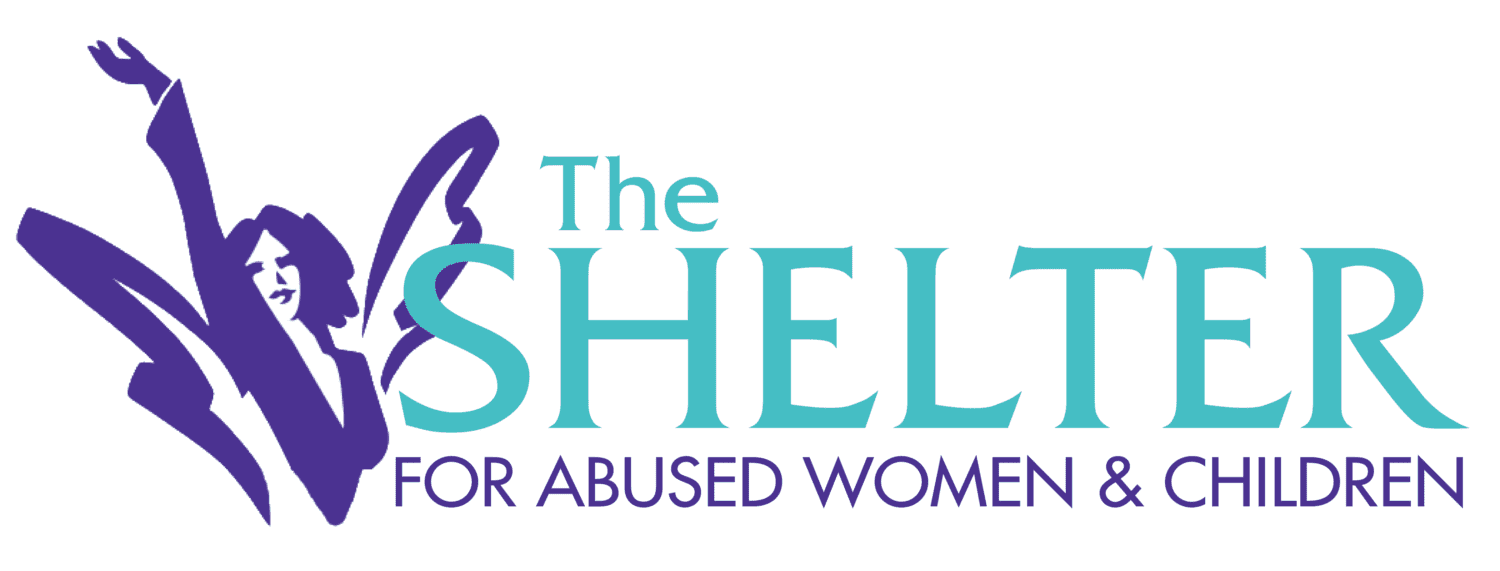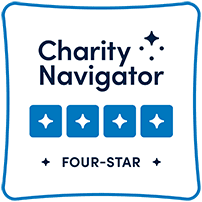Linda Oberhaus speaks out on human trafficking in NBC-2 News report
NBC-2.com WBBH News for Fort Myers, Cape Coral & Naples, Florida
By David Hodges, NBC2 Investigator
SOUTHWEST FLORIDA – In a Naples courtroom, recently, a bench in the far back was packed with members of the Collier County Sheriff’s Office Exploitation Unit.
The unit has been busy investigating cases of sex trafficking, and on this day, they were able to see the fruits of their labor.
“In the last three years, we have vastly been able to improve our abilities to investigate this crime,” Detective Sergeant Wade Williams said.
That progress leads to Gary Cherelus standing in front of a judge in an orange jumpsuit and handcuffs. He pleaded no contest to two counts of human trafficking and will serve 20 years in prison.
But the victims of sex trafficking often spend a lifetime trying to recover, and some never do.
“It is not uncommon for them to have been victims multiple times over and over again,” Williams said.
According to FGCU’s Human Trafficking Resource Center, recovering from life as a victim of sex trafficking can be extremely challenging.
“There’s a huge recidivism rate for minors,” HTRC Coordinator Alex Olivares said.
Tracking the recovery success of trafficking victims is difficult. But, Olivares has been able to get numbers from the Catholic Charities, which provides services for some victims.
In 2015, just 22 percent of sex trafficking victims born in the United States who received services from Catholic Charities in Southwest Florida were able to make a full recovery. That means they are living independently, holding a job and receiving services.
In total, there were 57 victims of sex trafficking in Southwest Florida in 2015. Many of them were foreign born and, according to Olivares, their success rate was much higher at about 90 percent.
The Shelter for Abused Women and Children in Naples is the lead provider for housing services for women who are victims of sex trafficking in Collier County. Executive Director Linda Oberhaus says the recovery time for these victims is almost unparalleled.
“On average, a victim of domestic violence could come through our program in maybe six to eight weeks,” Oberhaus said. “Victims of human trafficking, they’re looking at more like six to eight months and in some cases longer.”
But Oberhaus says in the majority of cases, victims aren’t staying that long. She says one of the most challenging factors in getting total buy-in from victims is an addiction to opiates like heroin.
“You can imagine these traffickers have literally kept these victims alive,” Oberhaus said. “They’ve given them just enough food. They’ve given them a place to sleep. They’ve given them just enough drugs, so they’re not hurting.”
The shelter has partnered with the David Lawrence Center to put a full-time staff member on site to provide substance abuse services. That still doesn’t solve many of the issues victims have to work through.
“It’s hard to focus on being safe and getting back on your feet and getting all the skills you need to be a productive member of society when you are deeply struggling with addiction,” Oberhaus said. “There’s this trauma bonding that takes place, so in some cases, you may see a victim of human trafficking, although she’s liberated, may end up going right back to that trafficker.”
Before Cherelus was put behind bars, he might have been the perfect example.
In court, one of his victims wrote a statement about Cherelus, read by the prosecutor.
“At one point I decided and accepted that I wasn’t ever going to get away from you and that this was how I was going to die. Raped to death or better yet an overdose,” prosecutor Deborah Cunningham read from the victim’s statement.
The case against Cherelus was only possible because she was able to run for freedom out the back door of his East Naples apartment one morning. She told police, the night before she escaped, Cherelus raped her and stole $500 from her.
Police interviews with that witness show she originally met Cherelus to purchase drugs, like heroine and cocaine. But after she ran out of money, Cherelus told her she “had to work for him (payments made by johns for sex) in exchange for the drugs she must pay him back for.”
The victim said she would have sex with four men a day for approximately $250 but see almost none of the money. She estimated there were about five women working out of his home, and that when money would get tight Cherelus would just “work them more.”
She said Cherelus would keep “plates of heroin and cocaine” around to keep the women addicted.
Police found ads from a website commonly used to solicit sex with the women. Cherelus admitted to helping the women post the ads, although, in his original interview with police, he denied being their pimp.
“Pimps, traffickers as they’re also referred to, are an exceptional type of offender,” Williams said. “They refer to themselves in as imagery and analogy as vampires, and they’re basically feeding off of their (victims) vulnerabilities.”
Williams says the background of victims is what often leads them into sex trafficking the first place.
“They come from foster families. They’re runaways. Many of them start in the commercial sex industry as young as 12 to 13 years old but even before that they were being taught the sort of life of exploitation,” Williams said.
FGCU’s numbers reinforce that trend. In 2015, five victims of sex trafficking cases in Southwest Florida were minors.
In 2016, it’s already 16. The vast majority of cases are originating in Collier County and Williams’ exploitation unit.
In 2015, CCSO conducted 28 human trafficking investigations — finding 31 victims in those cases.
According to FGCU’s Human Trafficking Resource Center, there were a total 38 Still, across all of Southwest Florida last year.
Still, Williams says Collier County is no hotbed for sex trafficking.
“If other regions and other law enforcement agencies focused efforts and had a dedicated team to address the issue, they would find the same success that we have found,” Williams said.
More cases likely means finding more victims. In Cherelus’ case, the two main victims have gone in very separate directions.
According to police reports obtained by NBC2, one of the victims is now working, and in her statement read in front of the court, she sounded upbeat about her chances.
“You can’t hurt me anymore. I’m a survivor, and I’m a recovering addict, and I’m proud because not all women make it out of those dark places alive,” the statement read.
But the other victim is currently serving the next six months in state prison for possession of heroin.
“There’s many victims that do not have success but just because they do not have success today or this month doesn’t mean they won’t and so we keep that open for them,” Williams said.
Full statement from Victim of Gary Cherelus:
“I put my life in harms way the day I surrendered to you. I handed my body over to your care like maybe you’d do it some good. It was a lighter being passed around to light everyone’s cigarette in the room.
You told me I was going to be your money maker. You said we were all a family and I believed you. I felt like I belonged. But I later found out I only belonged to you.
I felt hopeless. I believed at one point I decided and accepted that I wasn’t ever going to get away from you and that this was how I was going to die. Raped to death or better yet an overdose. You were completely ruining me and I had finally reached a numbness to it all and didn’t care if I died. Anything not to be there. Anything not to hear you. Anything not to see you.
But as for today I am safe thanks to Sergeant Wade and his team. My team. You can’t hurt me any more. I’m a survivor and I’m a recovering addict and I’m proud because not all women make it out of those dark places alive. But me. I did. And I don’t ever have to go back.”






